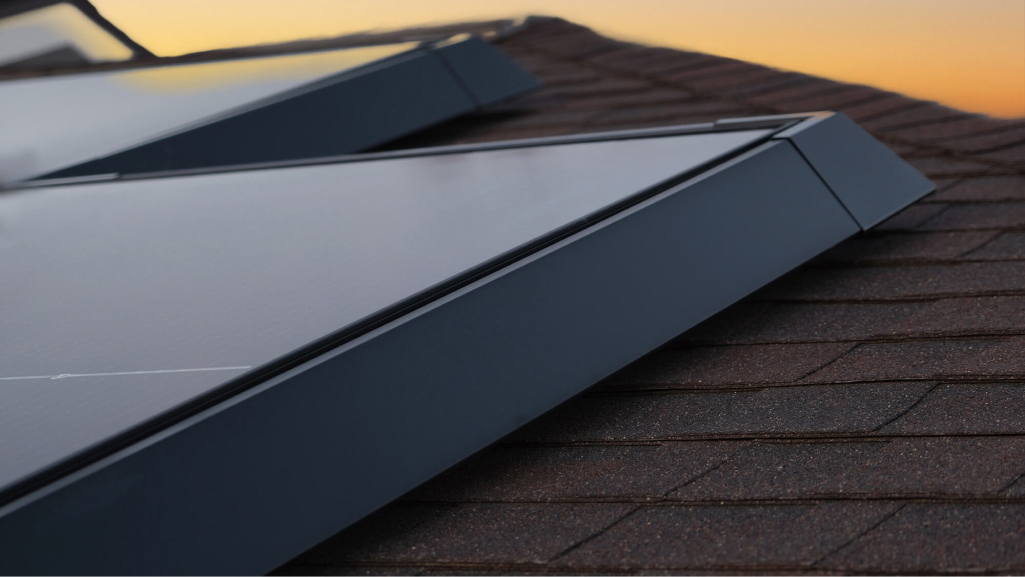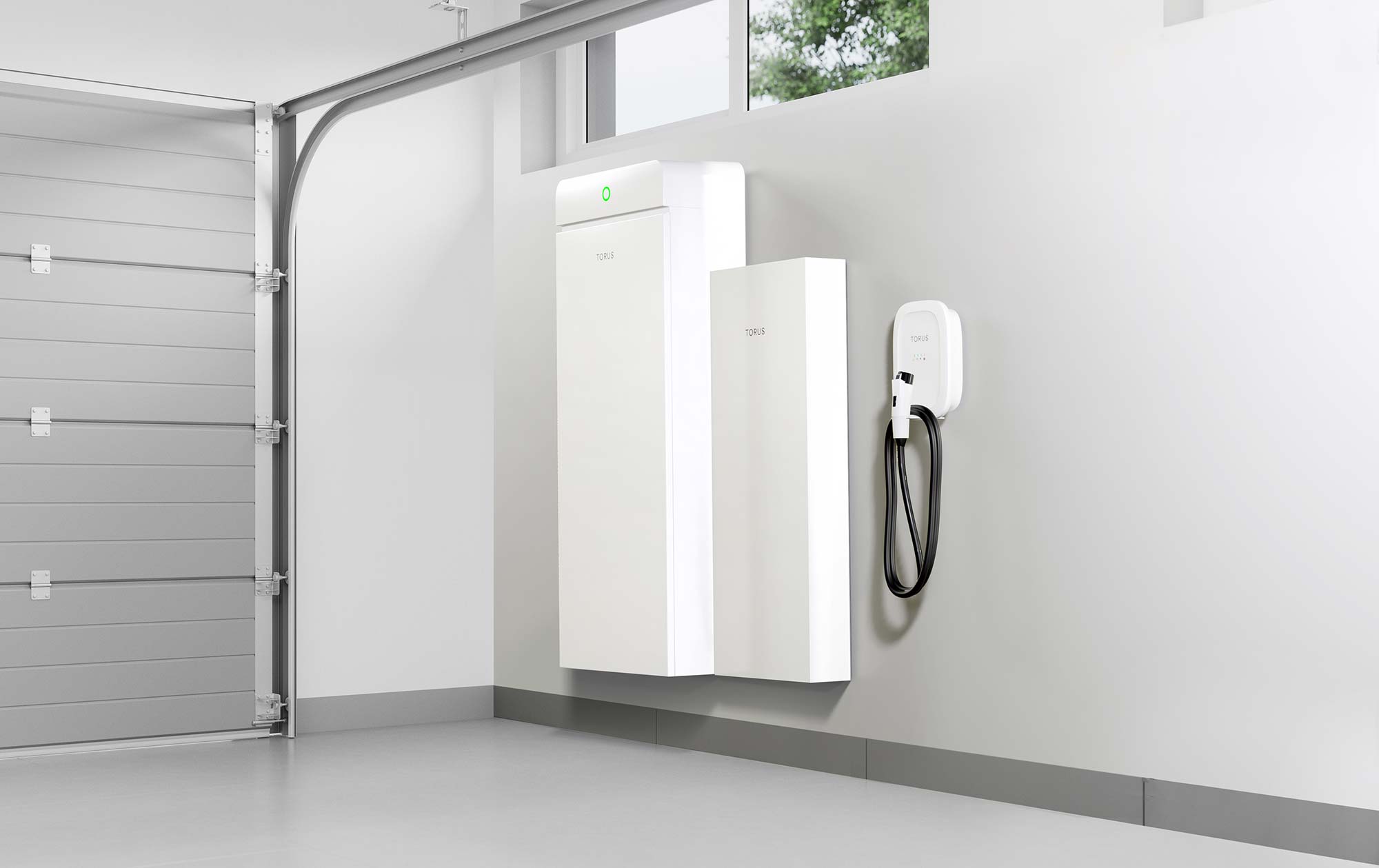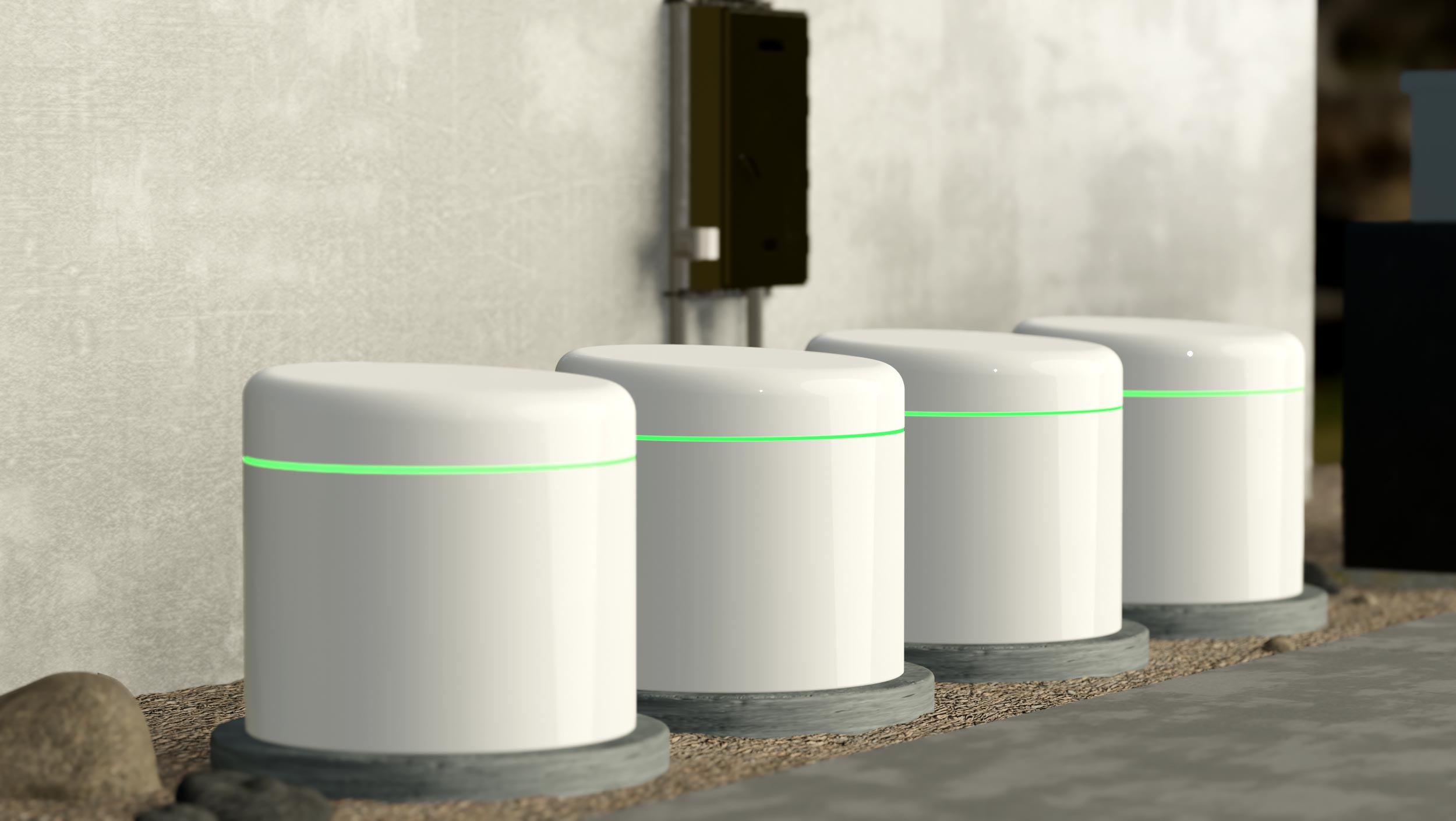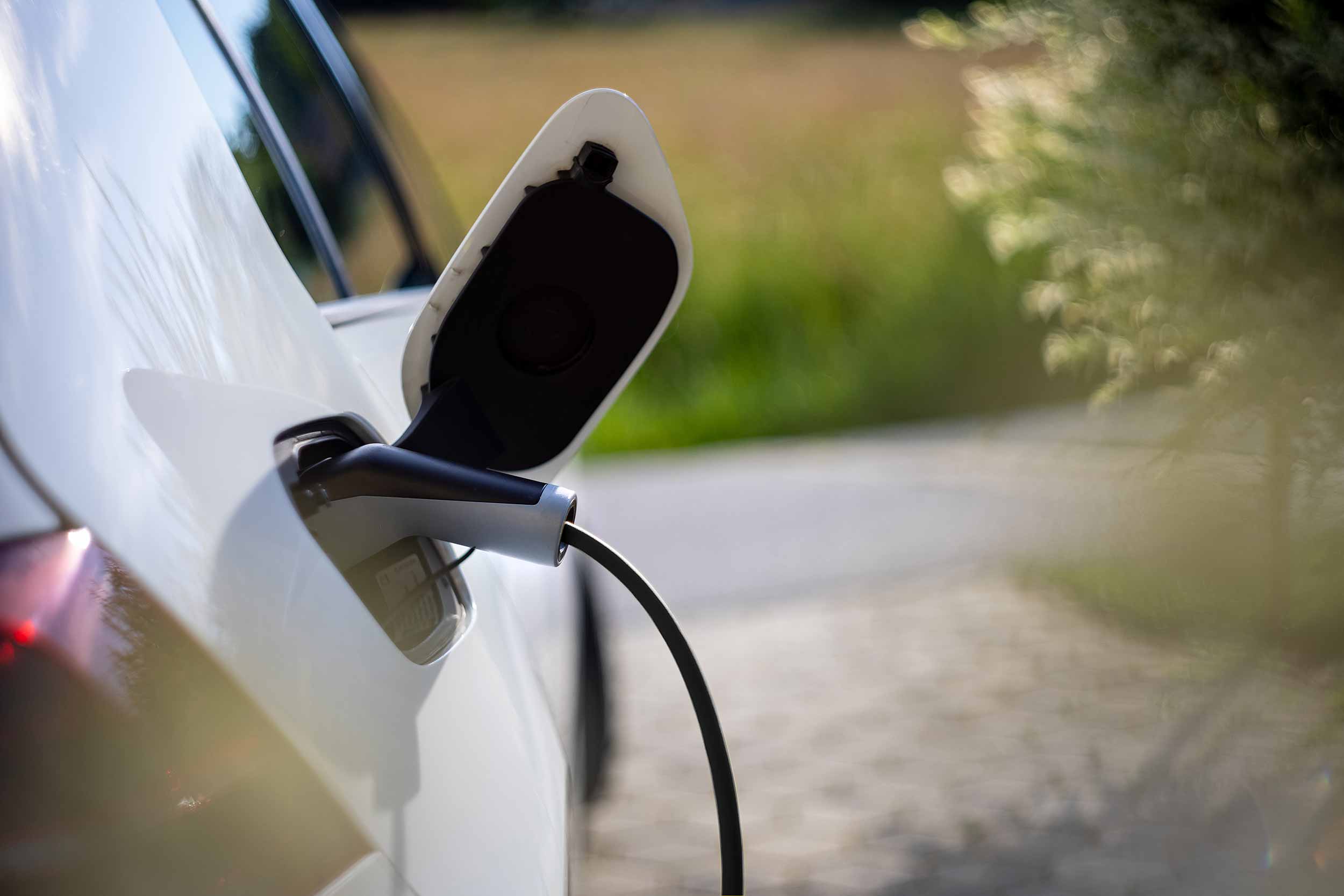What is solar energy?
Solar energy refers to the use of the sun's light and heat to generate electricity or heat water. It is a renewable and sustainable source of energy that does not emit harmful pollutants or greenhouse gasses. Solar power is harnessed through the use of solar panels, which convert sunlight into direct current (DC) electricity. This DC electricity is then converted into usable alternating current (AC) electricity by an inverter, which can be used to power homes, businesses, and even entire cities.
What is a solar panel?
Solar panels are devices that absorb the sun's energy and convert it into usable electricity.
- Solar panels are made up of photovoltaic cells that convert sunlight into electricity using the photovoltaic effect.
- The cells are typically made of silicon, a non-toxic and abundant material that is used in many everyday products.
- When sunlight hits the cells, electrons are released and flow through a circuit, generating electrical energy that can be used to power homes and businesses.

What makes up a solar panel system?
Solar panel systems are simple and easy to maintain as they do not have any moving parts. A solar panel system is comprised of four main components. These components are:
- Solar panels - the photovoltaic panels convert the sun’s energy into electricity
- Inverters - the cells in your solar panels collect the sun’s energy and turn it into direct current (DC) electricity.
- Racking and mounting systems - used to affix the solar panels to the roof
- Performance monitoring systems - track and monitor the output and health of the solar panels and inverters.




